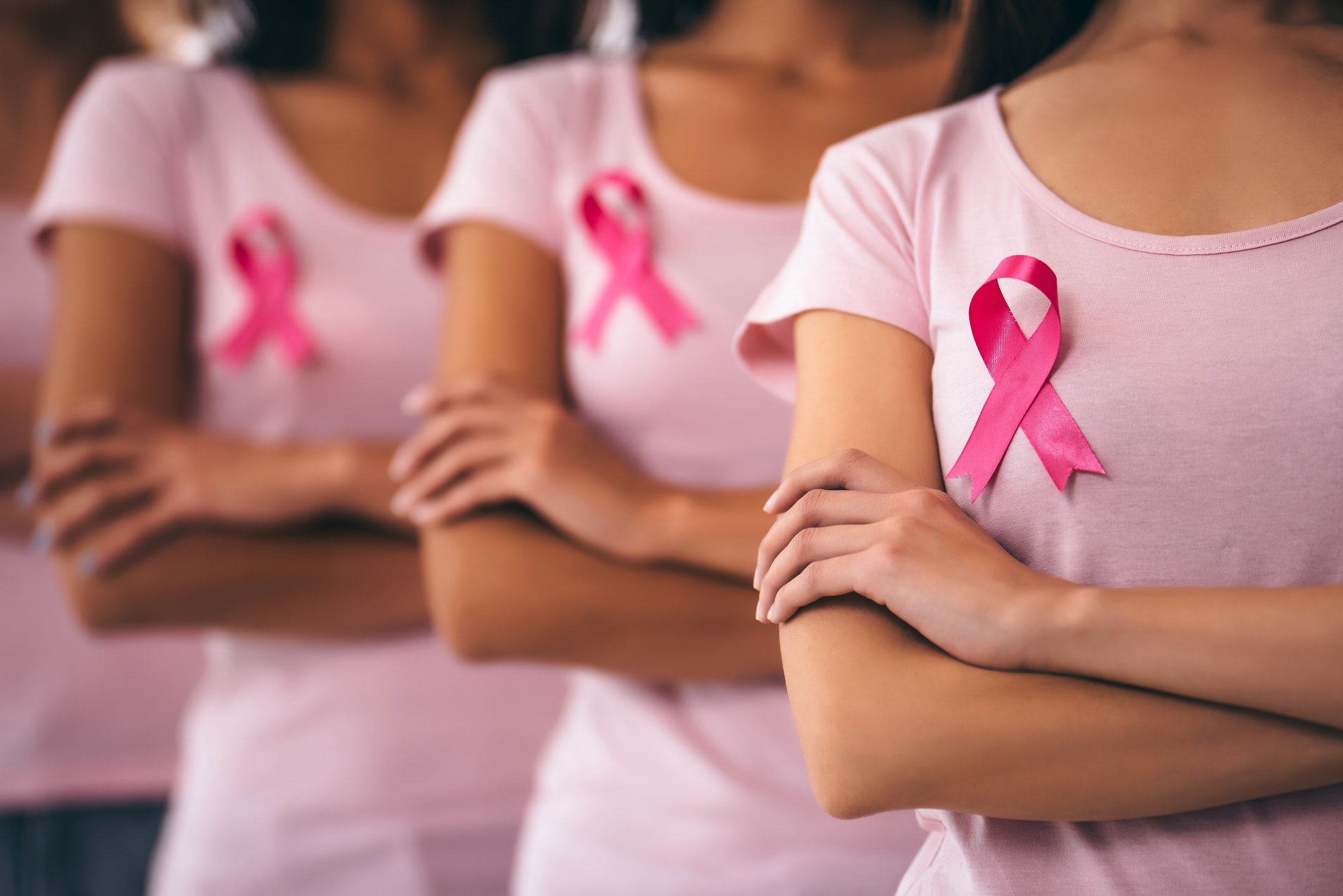 Aside from skin cancer, breast cancer is the most common form of cancer affecting women in the U.S. The chance for a female to be diagnosed with breast cancer during her lifetime has increased from 1 in 11 women in 1975 to 1 in 8 women.
Aside from skin cancer, breast cancer is the most common form of cancer affecting women in the U.S. The chance for a female to be diagnosed with breast cancer during her lifetime has increased from 1 in 11 women in 1975 to 1 in 8 women.
Increased emphasis on early detection and more effective treatments have decreased mortality rates in the white population. Although the mortality rates have declined in some ethnic populations, the overall cancer incidence among African American and Hispanic populations have continued to grow.
Research has shown that Black women are more likely to die from breast cancer than any other ethnic group. Black women:
- are more likely to be diagnosed with triple-negative breast cancer, which means the cancer has no receptors for the hormones estrogen and progesterone, as well as no receptors for the HER2 protein; this limits the medicines that can be used to treat the cancer
- are more likely to be diagnosed with later-stage disease than other women
- have the lowest survival rates in each stage of diagnosis
There are many factors that play a role in the disparities. Black women are more likely to have diabetes, heart disease, and obesity, and are less likely to breastfeed after childbirth, which are all risk factors for breast cancer. They are also more likely than white women to have inadequate health insurance or access to health care facilities, which may affect access to screening, follow-up care, and completion of therapy.
In order to close the breast cancer mortality gap, prevention programs must increase and policies need to improve.
Increasing screening rates, providing timely access to diagnostic testing, and improving access to comprehensive, quality healthcare coverage and cancer treatment care are all imperative.
That also includes increasing outreach to Black women so they're aware about their breast cancer risks and can seek preventive care.
Molecular geneticist and Associate Professor of cell and developmental biology research in surgery, Dr. Melissa Davis points out that part of the problem in addressing these disparities and, in turn, finding more effective medications to improve outcomes, is that minorities haven’t traditionally been included in adequate numbers in research studies or clinical trials. “A lot of breast cancer investigations that have resulted in advances in treatment have overwhelmingly involved white women,” she says. “So the treatments work better in those populations than in others. We’re trying to change that.”
The Center for Disease Control and Prevention’s (CDC) National Breast and Cervical Cancer Early Detection Program (NBCCEDP) provides uninsured and underinsured women access to no-cost screening, diagnostic, navigation, and education/outreach services, as well as a pathway to cancer treatment care.
All women regardless of age, ethnicity, economic status, or other health conditions deserve the best breast cancer care and the best prognosis possible.


